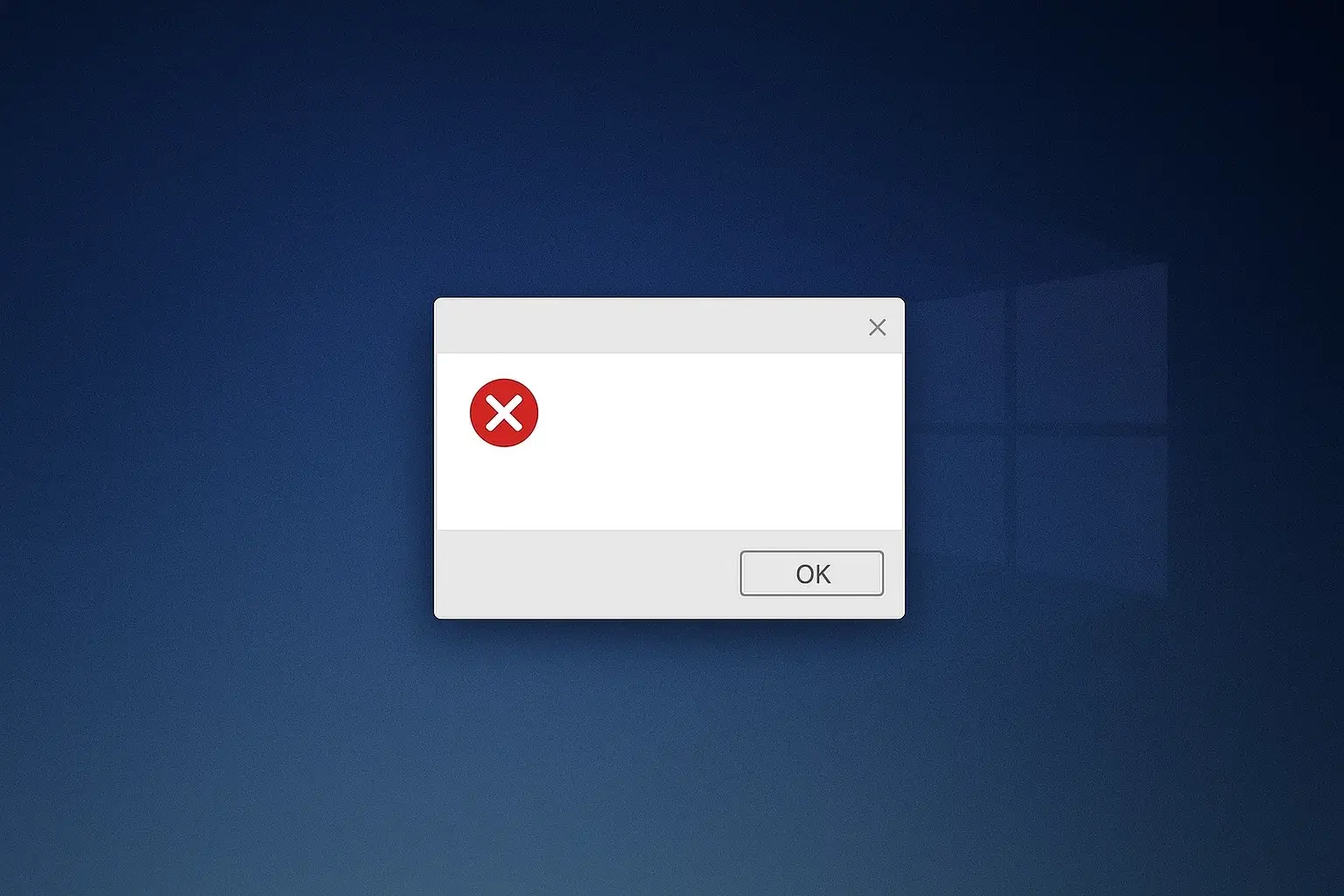Windows updates usually bring security and stability improvements, but the cumulative KB5063878 released for Windows 11 version 24H2 is causing major headaches for many users. The problem: severe failures in SSD and HDD drives that can lead to data loss or corruption.
What’s happening with KB5063878?
Several users have reported that when writing large amounts of data (more than 50 GB) to drives with over 60% usage, the system completely loses the drive. Although the root folder may still be visible, the files become inaccessible.
In some cases, simply restarting restores access, but once large data is written again, the failure repeats, increasing the risk of permanently damaging your files. This is particularly critical if you work with databases, servers, or large multimedia files.
Most affected models
Tests were conducted on more than 20 SSD models, with varying results:
- Samsung 990 Pro, 980 Pro, 870 EVO → No issues reported.
- WD SN770 and Blue SN5000 → Recurrent failures.
- Seagate FireCuda 530, Corsair MP600, Crucial T700 → No incidents detected.
- Models with Phison controllers without DRAM → More likely to fail under heavy write loads.
Overall, Phison NAND controllers seem the most sensitive, while other brands showed stability.
Read more: Statistics on Data Loss in 2024
What’s causing the issue?
All signs point to a problem in Windows 11’s cache memory management, which leads to data loss in the buffer area. This situation is reminiscent of the well-known HMB (Host Memory Buffer) bug that affected certain Western Digital models, which also couldn’t be solved by disabling the feature.
What you can do until the patch arrives
For now, Microsoft hasn’t released an official fix, so the best approach is to take preventive measures:
- Avoid writing large volumes of data to potentially affected drives.
- Make frequent backups to alternative storage or the cloud.
- Temporarily uninstall KB5063878 until Microsoft publishes a stable patch.
- Be extra cautious if you’re using SSDs with Phison controllers.
Similar titles: Microsoft Redesigns Windows Security Without Antivirus in the Kernel
Conclusion: extreme caution until further notice
The risk of data corruption is real, and if you work with critical files, this bug can seriously impact your operations. At TecnetOne, we recommend not ignoring these alerts: it’s better to prevent with backups and monitoring than to regret an irreparable loss.
As soon as Microsoft releases the official patch, it will be vital to apply it immediately. In the meantime, stay alert and protect your information with preventive measures.

